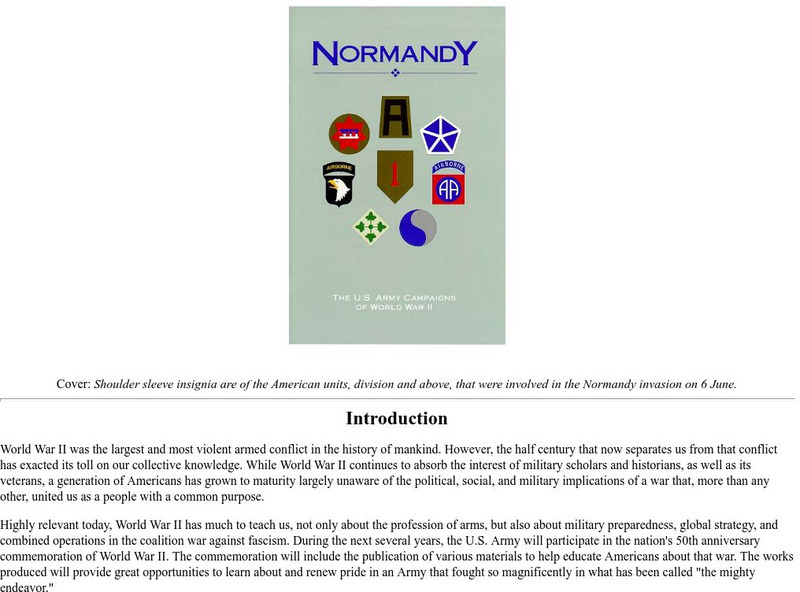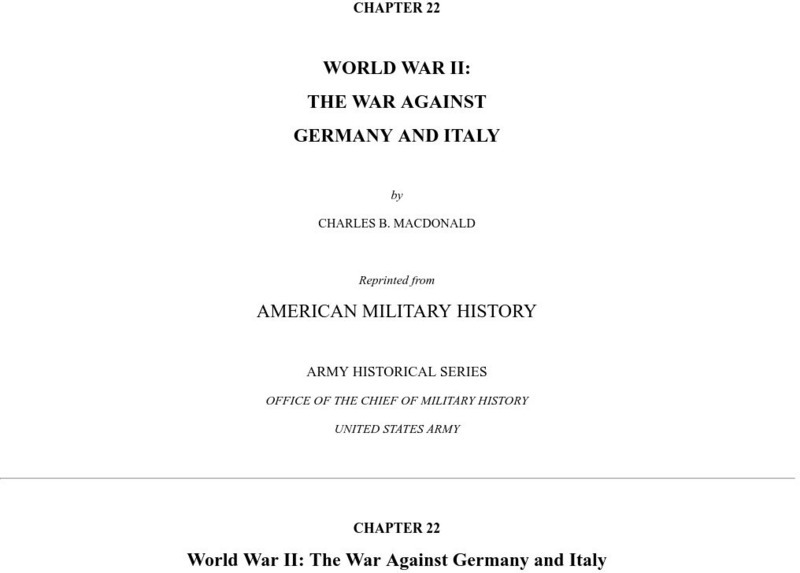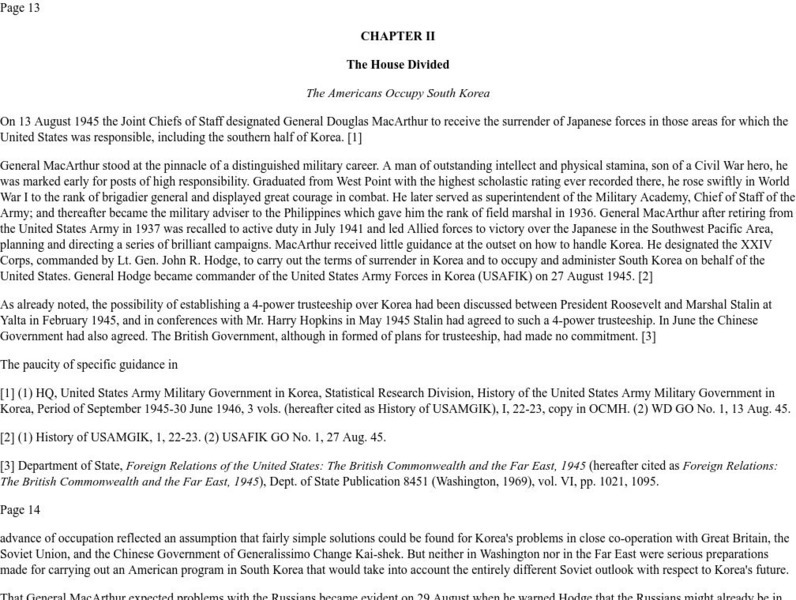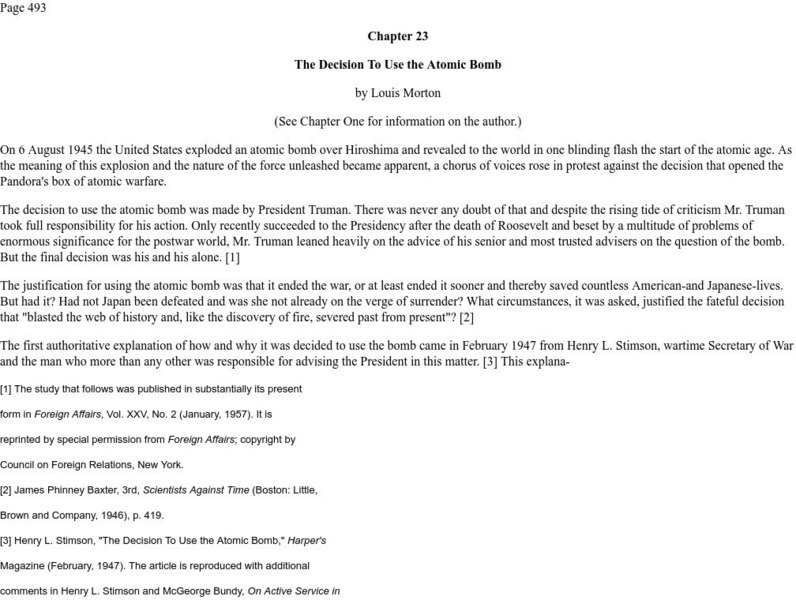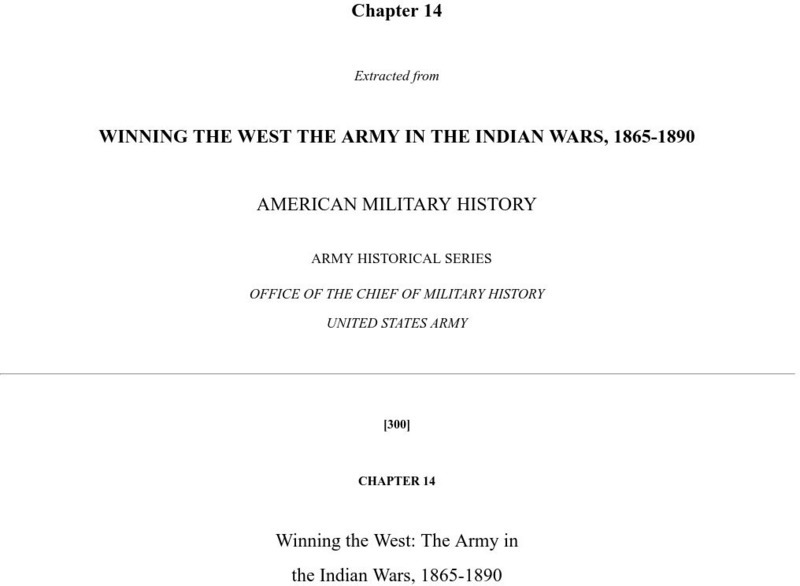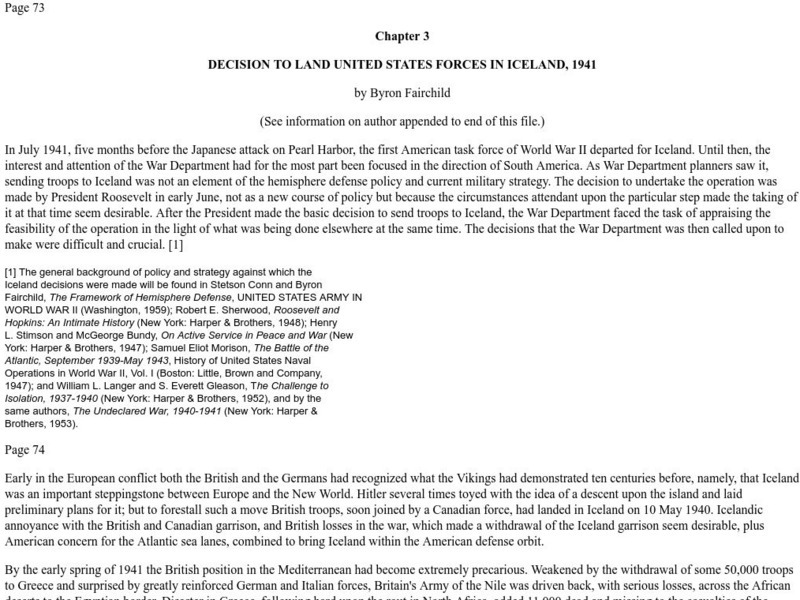US Army Center
U.s. Army Center of Military History: Normandy the u.s. Army Campaigns of World War Ii
This military history essay describes the landing of the United States Army during the Normandy Invasion of June 6, 1944.
A&E Television
History.com: Muhammad Ali vs. the United States of America
Fifty years after Muhammad Ali refused military induction during the Vietnam War, a new book, "Sting Like a Bee: Muhammad Ali vs. the United States of America, 1966-1971" by Leigh Montville examines the heavyweight champ's controversial...
US Army Center
U.s. Army Center of Military History: Peace Becomes Cold War, 1945 1950
A discussion of historical events that led to the Cold War from the perspective of the U.S. Army. Particular emphasis is placed on military leadership and policy.
US Army Center
U.s. Army Center of Military History: James Wilkinson
Brief description on American General James Wilkinson (1757-1825) is offered from the United States Army Center of Military History mentioning his service in the War of 1812.
US Army Center
U.s. Army Center of Military History: World War Ii: The War Against Italy and Germany
HIghlights the military strategy of the United States during World War II in fighting Germany and Italy.
US Army Center
U.s. Army Center of Military History: Chapter Ii: The House Divided
This resource provides information on the period in Korea just before the Korean War, and on the partition of Korea by the United States and the Soviet Union.
US Army Center
U.s. Army Center of Military History: William Few
This article provides background biographical information on William Few, one of the delegates from Georgia to the Constitutional Convention, and who later served as a United States Senator.
US Army Center
U.s. Army Center of Military History: The Decision to Use the Atomic Bomb
In-depth analysis of the decision to create and drop the atomic bomb on Japan during World War II. Includes details on the Interim Committee.
Rutherford B. Hayes Presidential Library & Museum
United States Indian Policy During the Late 19th Century: Change and Continuity
By the 1890's, the status of Indian people seemed to validate Frederick Jackson Turner's claim that "the frontier has gone, and with its going has closed the first period of American history." Natives ceased to threaten the Republic...
US Army Center
U.s. Army Center of Military History: Winning the West: The Army in the Indian Wars
This is a chapter excerpt from a book on military history which details the role of the United States Army in the Indian Wars for the years 1865 to 1890.
Other
Military.com: Francis Gary Powers: One Man, Two Countries
This profile of the American pilot Francis Gary Powers discusses the mission of the U-2 reconnaissance flights during the Cold War as well as the international incident surrounding the shooting down of his U-2 over the Soviet Union.
US Army Center
U.s. Army Center of Military History: Decision to Land u.s. Forces in Iceland
This site from the United States Army provides an essay on the United States' foreign policies during World War II and how it affected the decision to land forces in Iceland in 1941.
The White House
The White House: Air Force One
Learn about the history and features of Air Force One, the plane used to transport the President of the United States, our Commander-in-Chief.
Country Studies US
Country Studies: The End of Reconstruction
The end of Reconstruction brought about the end of military occupation in the South, but ushered in discriminatory practices against the newly freed black population. Read about why that happened and the future consequences.
